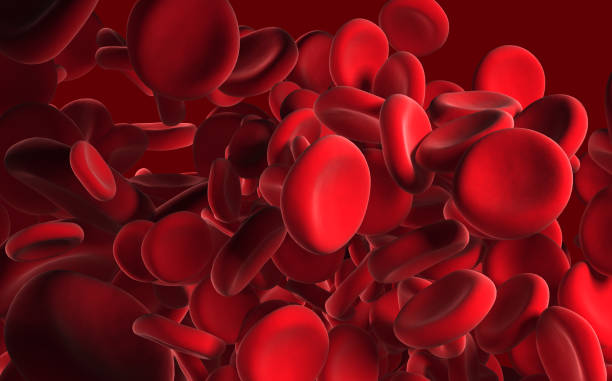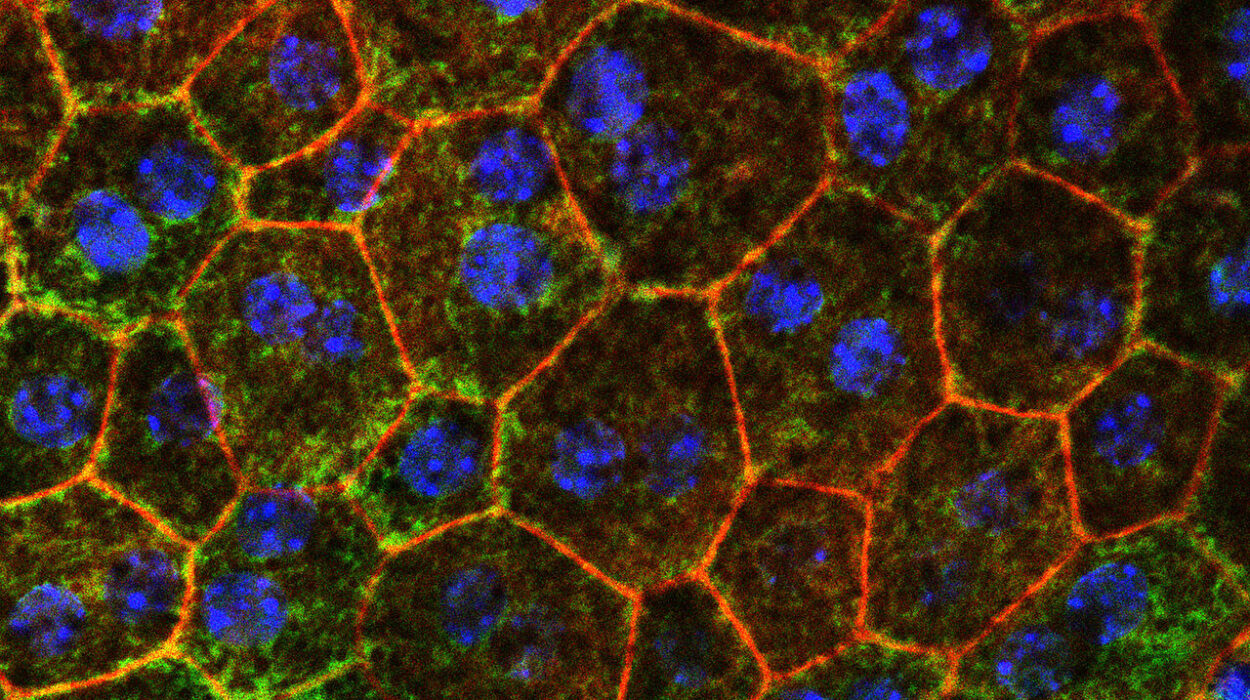Premenstrual Syndrome, better known by its ever-so-popular acronym, PMS, is something most women know intimately—perhaps too intimately. It’s that week or two before your period when your emotions become a rollercoaster, your cravings know no bounds, your body feels like it’s swelling from the inside out, and sleep, patience, and comfort all seem just out of reach. But what if you could weather this monthly storm without relying solely on medications or synthetic hormones? What if nature, in all her wisdom, had already equipped us with tools to ease the journey?
PMS isn’t just “all in your head,” and it’s certainly not something to be brushed off or trivialized. It affects an estimated 75% of menstruating women, with symptoms ranging from mild irritability to severe physical and emotional distress that can interfere with daily life. Yet, for something so common, PMS still feels like a solitary battle. Natural remedies offer a gentle, effective way to reclaim a sense of control and balance, addressing the root causes of hormonal upheaval rather than just masking the symptoms.
The Hormonal Orchestra Behind PMS
To understand how natural remedies can soothe PMS symptoms, we first need to peer behind the curtain and see what’s happening in the body. The menstrual cycle is orchestrated by a finely-tuned hormonal ballet. Estrogen and progesterone rise and fall in a precise rhythm, guiding ovulation and menstruation. When this rhythm gets thrown off—even slightly—the body responds with symptoms. These can include mood swings, breast tenderness, bloating, fatigue, headaches, irritability, and a deep, insatiable need for chocolate.
Just before your period, estrogen and progesterone plummet. For some women, this dip leads to mild discomfort. For others, it’s more like an emotional cliff. The body’s sensitivity to hormonal shifts varies dramatically, and it’s this sensitivity that often dictates the intensity of PMS symptoms. Other contributing factors—like diet, stress, lack of sleep, blood sugar imbalances, and inflammation—can amplify the problem.
This is where natural remedies shine. Unlike one-size-fits-all medications, natural approaches support the body’s natural rhythm. They work with your hormones rather than against them, creating a smoother transition between cycles.
Food as the First Line of Defense
What you eat can either fuel the fire of PMS or help extinguish it. Your diet has a direct line to your hormonal health, and making mindful food choices can dramatically reduce symptoms.
Start with whole foods—fruits, vegetables, whole grains, legumes, nuts, and seeds. These provide a steady supply of nutrients that your body needs to keep hormones balanced. Leafy greens like kale and spinach are high in magnesium, a mineral that’s been shown to reduce bloating, mood swings, and cramping. Bananas, avocados, and sweet potatoes help regulate blood sugar and supply potassium to combat water retention.
Cutting back on refined sugars and processed foods can make a surprisingly big difference. These foods spike your blood sugar, leading to insulin surges that can throw your hormones into chaos. When blood sugar crashes, it can mimic or worsen the emotional rollercoaster of PMS, leaving you feeling anxious, tired, and irritable.
Caffeine and alcohol are also worth reevaluating during PMS. While a glass of wine or a cup of coffee might offer short-term comfort, they can disrupt sleep, increase anxiety, and dehydrate the body—worsening many common symptoms.
Instead, consider nourishing teas like chamomile, raspberry leaf, or dandelion root. These natural infusions help calm the nervous system, support liver detoxification, and reduce bloating—all common PMS complaints.
The Gut-Hormone Connection
Your gut does more than digest food; it plays a central role in hormonal regulation. A healthy gut microbiome helps metabolize estrogen, keeping it from recirculating and contributing to estrogen dominance—a condition that’s often at the root of heavy periods, mood swings, and tender breasts.
Supporting gut health naturally can lead to noticeable improvements in PMS. Probiotic-rich foods like yogurt, kefir, sauerkraut, and kimchi nourish the microbiome and help balance estrogen levels. Fiber-rich foods also assist the body in flushing out excess hormones. Think of beans, lentils, oats, and flaxseeds as your hormonal housekeepers—sweeping away what’s no longer needed.
If digestive symptoms accompany your PMS—like bloating, constipation, or diarrhea—it may be a sign that your gut needs some extra love. Natural remedies such as peppermint oil, ginger, and fennel can help soothe the digestive tract and ease discomfort during this phase of your cycle.
Herbs That Harmonize Hormones
For thousands of years, women around the world have turned to plants for relief from menstrual woes. Herbal medicine offers some of the most effective and time-tested natural remedies for PMS, often with fewer side effects than pharmaceutical options.
One of the most famous herbs for PMS is chasteberry (Vitex agnus-castus). It works by gently nudging the pituitary gland to balance progesterone levels, which can help regulate cycles and ease mood swings. Studies have shown that chasteberry can be particularly helpful for symptoms like irritability, breast tenderness, and headaches.
Dong quai, often referred to as the “female ginseng,” is a staple of traditional Chinese medicine. It nourishes the blood, improves circulation, and is thought to support progesterone production. This makes it a powerful ally for women who experience fatigue and cramping before their period.
Black cohosh and red clover are also popular herbal remedies for hormonal balance, though they’re more commonly used during perimenopause. Still, for some women with PMS, these herbs can help smooth the monthly transition, especially if symptoms overlap with signs of estrogen imbalance.
Always consult with a qualified herbalist or healthcare provider before starting herbal remedies, especially if you’re taking medications or have underlying health conditions. Nature is powerful—but she’s also complex.
The Role of Movement and Exercise
When PMS hits, exercise might be the last thing you feel like doing. But gentle movement can work wonders for hormonal harmony. Physical activity helps regulate estrogen levels, boosts endorphins (your natural feel-good chemicals), and supports better circulation—reducing cramping and bloating.
You don’t need to run a marathon or hit the gym for hours. In fact, the type of movement you choose during PMS should honor your body’s need for restoration. Yoga, walking, swimming, and dance are beautiful ways to stay active without depleting your energy.
Certain yoga poses—like child’s pose, reclined twists, and legs-up-the-wall—can soothe tension in the lower back and abdomen, reduce stress, and improve blood flow to the pelvic region. These poses offer more than physical relief; they’re a practice in self-compassion during a time when many women feel overwhelmed or emotionally raw.
Exercise also plays a key role in long-term hormone balance. Regular movement helps reduce inflammation, support liver function, and maintain a healthy weight—all of which influence how smoothly your cycle flows.
Sleep as Medicine
One of the most overlooked natural remedies for PMS is sleep. The hormonal shifts leading up to your period can disrupt melatonin production and make it harder to fall or stay asleep. Unfortunately, the less you sleep, the more intense PMS can feel, creating a vicious cycle.
Prioritizing rest during the luteal phase (the week or two before your period) can make a noticeable difference in symptoms. Aim for 7 to 9 hours of quality sleep each night. Support your circadian rhythm with a consistent bedtime, reduced screen time before bed, and a calming nighttime routine.
Magnesium, once again, shows up as a hero here. It helps relax muscles, calm the nervous system, and promote restful sleep. Taking a magnesium supplement or soaking in an Epsom salt bath before bed can help the body unwind and prepare for deep sleep.
Sleep isn’t a luxury during PMS—it’s a form of medicine. And like all medicine, the right dose, timing, and consistency matter.
Mind-Body Approaches to Emotional Relief
PMS isn’t just a physical experience—it affects your mind, mood, and emotions in profound ways. One minute you’re crying over a cat video, the next you’re snapping at your partner for breathing too loudly. The emotional turbulence of PMS can leave even the most grounded woman feeling like a stranger in her own skin.
Mind-body practices offer a powerful antidote to this inner chaos. Meditation, breathwork, journaling, and mindfulness can help create a sense of emotional steadiness amidst the hormonal storm. These practices activate the parasympathetic nervous system—the body’s “rest and digest” mode—which can reduce anxiety, improve mood, and help you stay grounded when your emotions threaten to spiral.
Even five minutes of focused breathing can shift your entire nervous system. Inhale slowly for a count of four, hold for four, and exhale for six. This simple technique sends a message to your body that you’re safe, calm, and in control—even when your hormones suggest otherwise.
Don’t underestimate the healing power of expression. Whether it’s writing down your thoughts, talking to a trusted friend, or engaging in a creative outlet, finding ways to release emotional pressure can prevent it from building up and exploding.
The Hidden Role of Toxins and Detoxification
In today’s world, our bodies are exposed to a cocktail of environmental toxins—plastics, pesticides, parabens, phthalates—all of which can mimic or interfere with natural hormones. These endocrine disruptors can throw your cycle out of whack, leading to more intense PMS symptoms.
Supporting your liver and detoxification systems naturally can help your body eliminate excess estrogen and other hormonal metabolites that may be contributing to your symptoms. This doesn’t mean going on an extreme cleanse or juice fast. Instead, think of detoxification as a daily practice.
Cruciferous vegetables like broccoli, cauliflower, and Brussels sprouts contain compounds that support liver enzymes involved in estrogen metabolism. Drinking plenty of water, getting enough fiber, and limiting exposure to synthetic chemicals in beauty and cleaning products also supports this process.
Dry brushing, sauna sessions, and lymphatic massage can help stimulate circulation and assist the body in releasing built-up toxins, gently and naturally.
Tracking Your Cycle as a Form of Empowerment
One of the most empowering tools for managing PMS naturally is cycle tracking. When you understand your body’s rhythm—when ovulation occurs, when estrogen peaks, when progesterone drops—you can begin to predict how you’ll feel and prepare accordingly.
There are many ways to track your cycle: paper journals, fertility awareness methods, and digital apps that sync with your body’s symptoms. By logging how you feel emotionally and physically throughout the month, patterns begin to emerge. You may discover that your cravings always spike four days before your period, or that your energy crashes mid-cycle.
This awareness allows you to plan your life around your cycle rather than feel like a victim of it. You can schedule important meetings when you’re most focused, allow for extra rest when you’re more vulnerable, and prepare supportive meals and herbs when you know your symptoms tend to flare.
Cycle tracking is not just a wellness tool—it’s a radical act of self-respect. It shifts the narrative from suffering to sovereignty.
When Natural Remedies Aren’t Enough
While natural remedies can dramatically reduce PMS symptoms for many women, they’re not a cure-all. In some cases, symptoms may persist despite lifestyle changes and herbal support. This could be a sign of an underlying issue like PMDD (Premenstrual Dysphoric Disorder), endometriosis, thyroid imbalance, or polycystic ovary syndrome (PCOS).
If your PMS is debilitating, unpredictable, or worsening over time, it’s essential to consult a healthcare provider who understands hormonal health. Functional medicine practitioners, naturopathic doctors, and integrative gynecologists can help identify root causes and design a plan that blends natural therapies with medical support when needed.
Natural doesn’t mean passive. You deserve answers—and relief.
A Monthly Opportunity for Deeper Self-Care
PMS, uncomfortable as it can be, offers a unique window into your body’s deeper needs. It’s a monthly nudge to slow down, tune in, and prioritize yourself. Natural remedies don’t just mask the symptoms—they invite you into a new relationship with your body. One built on listening, respect, and deep nourishment.
You don’t have to accept PMS as a life sentence. With the right food, herbs, movement, and mindset, it’s possible to transform your cycle into something more manageable—even beautiful. Your hormones are not your enemies. They’re messengers. And when you learn to hear what they’re saying, you unlock a powerful form of wisdom that can guide your health for a lifetime.






